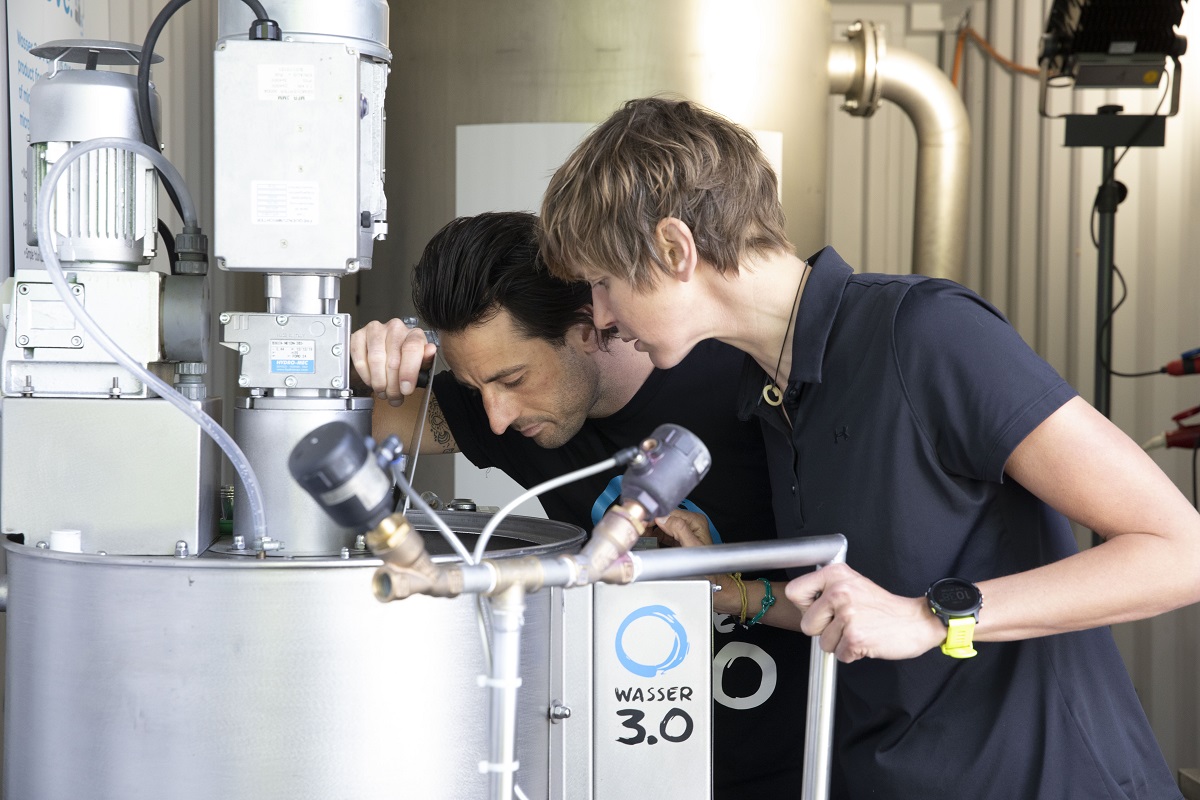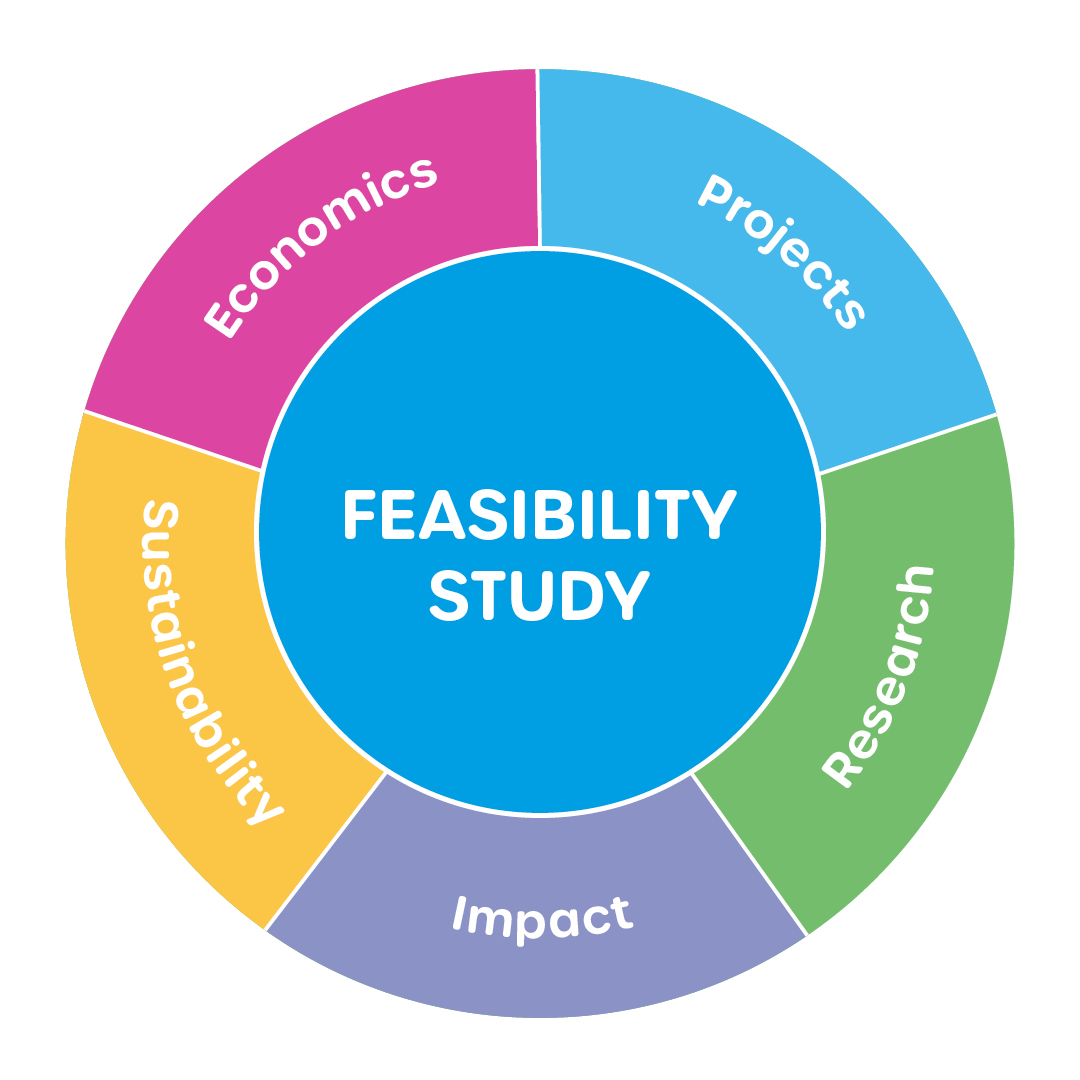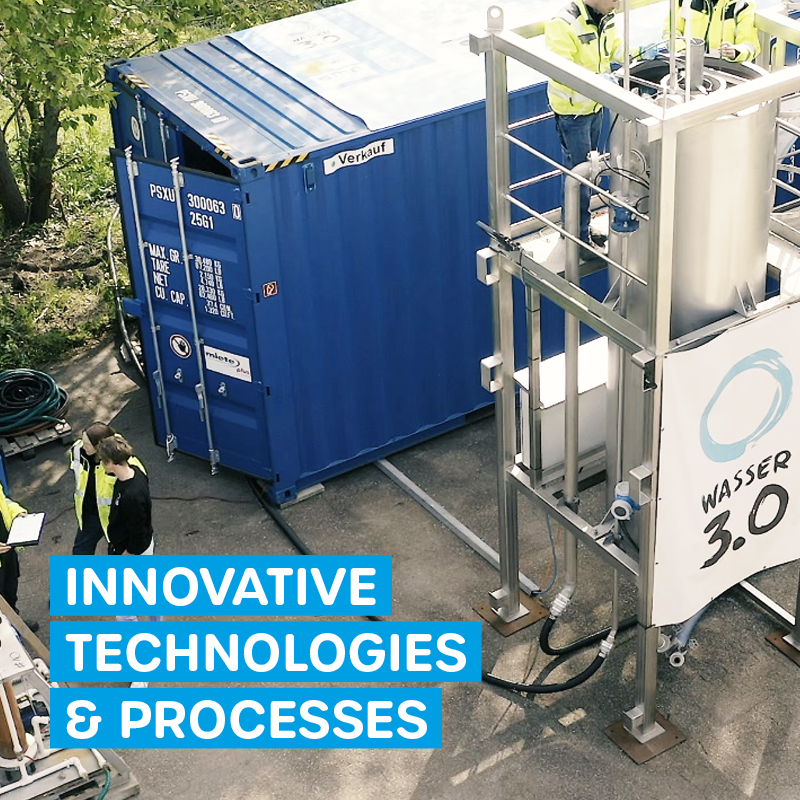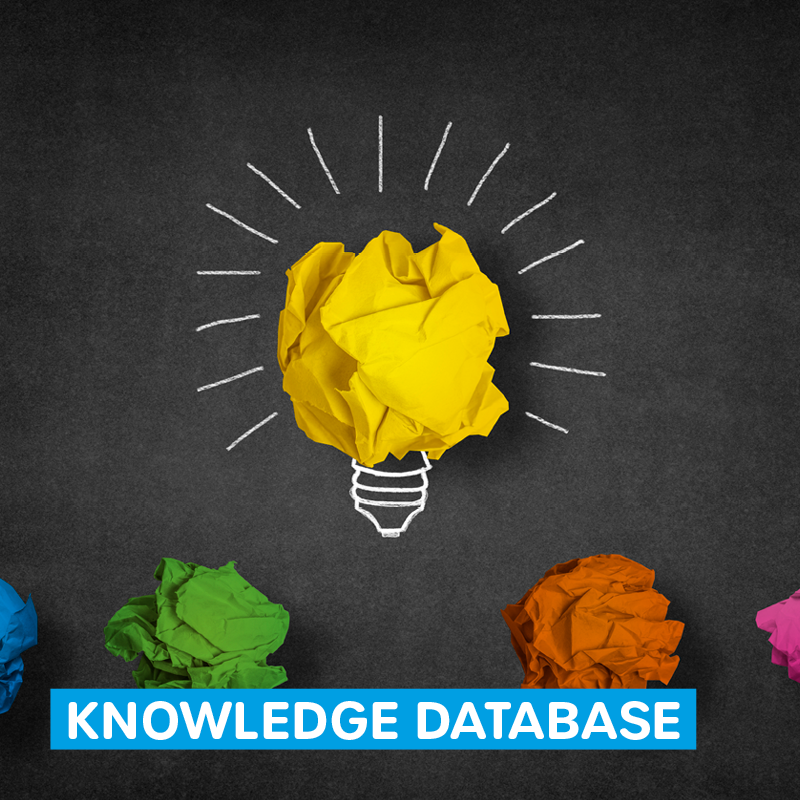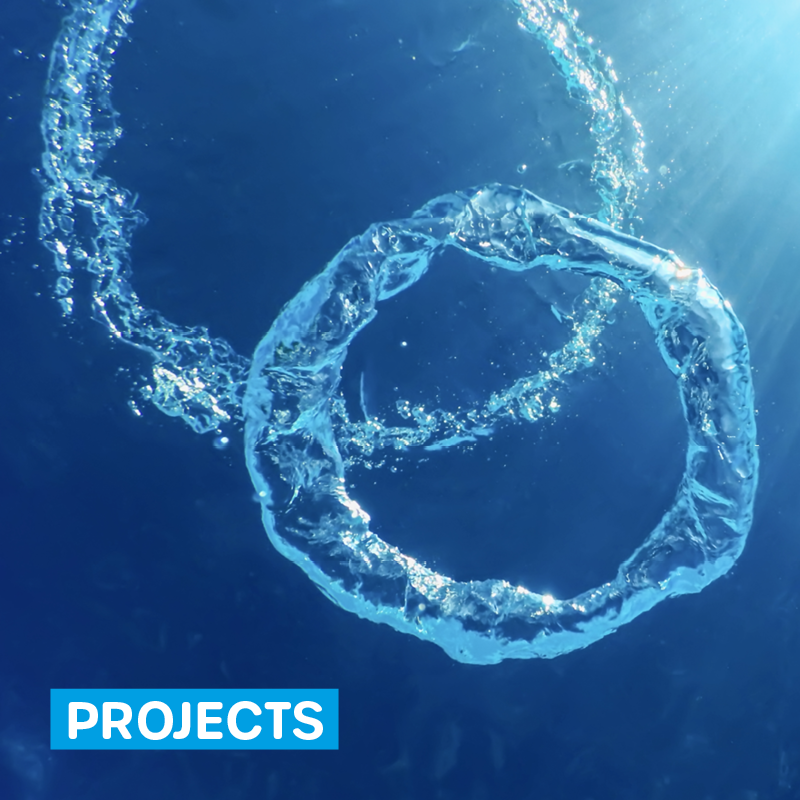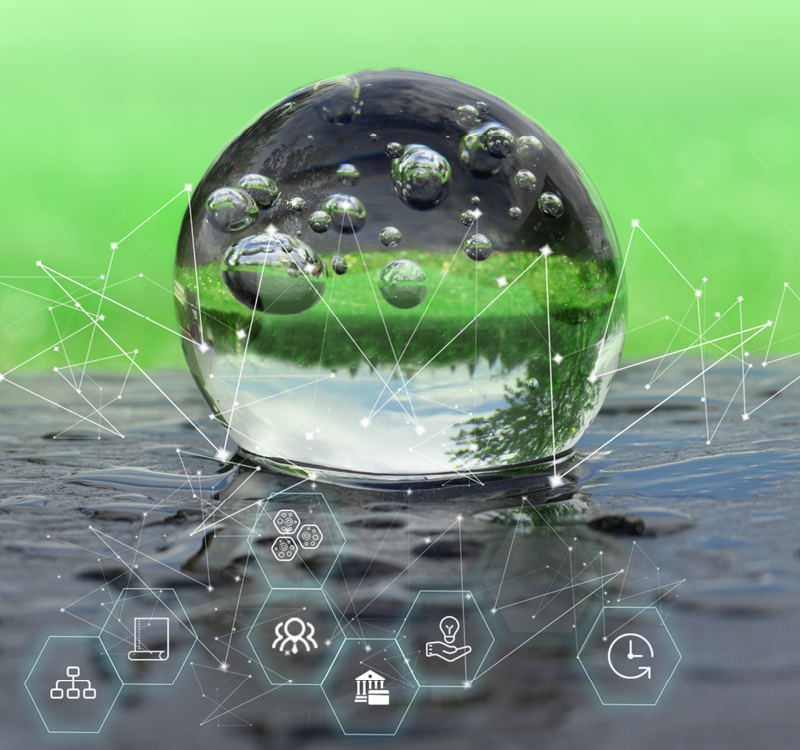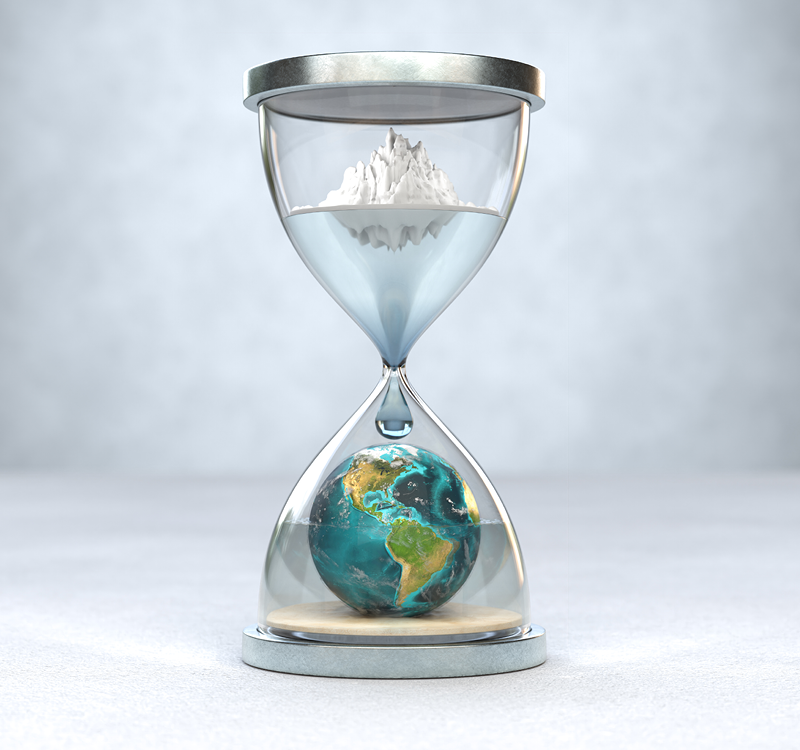
Our offers for the industry
With detect | remove | reuse to ecologically and economically compatible and sustainable process solutions.
We deliver modular and adaptive solutions for water without microplastics and, if required, extend the range of action to include micropollutants or inorganic parameters. At the same time, we deliver savings in energy, CO2, water, waste, as well as reduced operating and maintenance costs.
The multidimensional approach of microplastic-free production not only achieves measurable contributions to the UN sustainability goals, but also addresses tomorrow's requirements and regulations – today.
Wasser 3.0 PE-X® plant engineering offers:
- Easy integration into existing processes.
- Adaptive units.
- Modular structure.
We combine:
- scaling and growth.
- transferability and maximum flexibility.
- transparency and sustainability.
Details about the rental plant
- Containerized plant for batch or continuous operation trials.
- Capacity of reactor tank for MP removal: 250 L.
- Capacity of steel tank for COD removal: 250 L (100 L clear water zone, 150 L fixed bed).
- Dosing of Wasser 3.0 PE-X® and contact time in the fixed bed: adaptable and customized, depending on the specific requirements of the process.
- Belt filter as separation unit.
Our pilot plants and rental model plants provide you with answers, especially regarding economic efficiency and ecological-social benefits. Our plants are modular, adaptable, and scalable and are assembled to fit your exact needs.
- They allow maximum flexibility in terms of type and concentration of pollution and water type.
- Our solutions are implemented as stand-alone solutions or add-ons to existing plants.
- We work in a resource- and cost-oriented manner based on existing processes and existing infrastructure.
Finding solutions to your problems with feasibility studies
In our feasibility studies, your data, processes, and goals meet our interdisciplinary scientific expertise as well as the findings and results of our research and development work related to your process data.
We examine possible solutions to your processes regarding their basic feasibility. Within the framework of the feasibility study, potential solutions are analyzed, risks are identified, and prospects for success assessed. We give equal consideration to economic, ecological, and social parameters.
In our test center and service lab, we have a wide range of options at our disposal.
Our focus - your solution. Always in line with the UN Sustainable Development Goals.
Your way to your Sustainability Upgrade of industrial processes
- initial contact: Definition of the problem & first steps towards a solution.
- start of joint work: Data collection & process analysis. Preliminary tests.
- development steps from the laboratory to the pilot plant: development of suitable material compositions and construction of the prototype (modular principle).
- trials in our pilot plant: in batch / semi-continuous operation.
- rental model (>1 month): Process integration & long-term operation as a side-stream or full operation (processing all outflow) according to specific requirements.
- data evaluation & benefit analysis.
- scaling to continuous plant operation.

